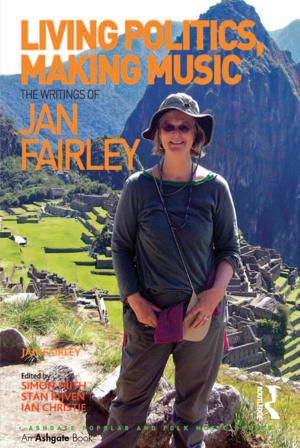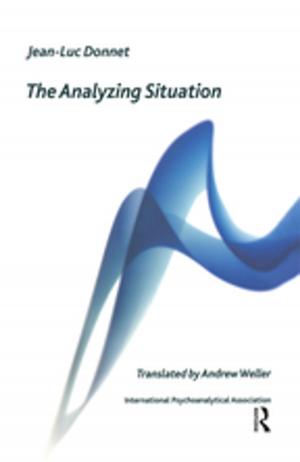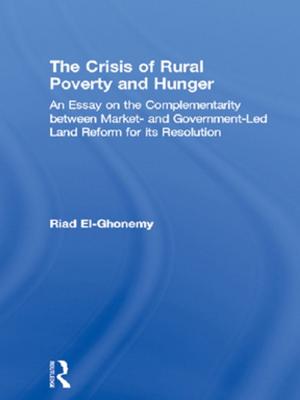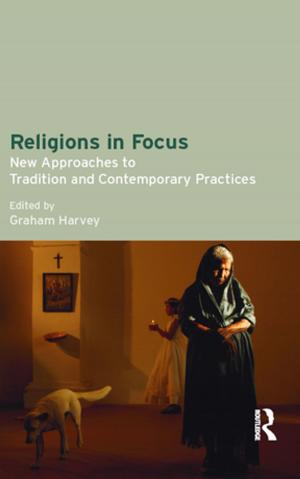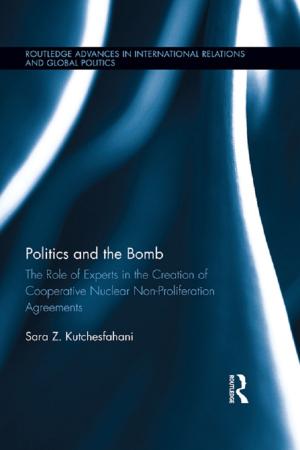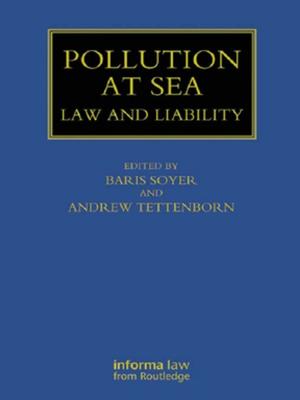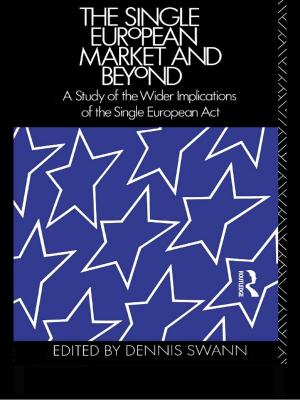| Author: | ISBN: | 9781134610921 | |
| Publisher: | Taylor and Francis | Publication: | January 11, 2013 |
| Imprint: | Routledge | Language: | English |
| Author: | |
| ISBN: | 9781134610921 |
| Publisher: | Taylor and Francis |
| Publication: | January 11, 2013 |
| Imprint: | Routledge |
| Language: | English |
Environmental Risks and the Media explores the ways in which environmental risks, threats and hazards are represented, transformed and contested by the media. At a time when popular conceptions of the environment as a stable, natural world with which humanity interferes are being increasingly contested, the medias methods of encouraging audiences to think about environmental risks - from the BSE or 'mad cow' crisis to global climate change - are becoming more and more controversial.
Examining large-scale disasters, as well as 'everyday' hazards, the contributors consider the tensions between entertainment and information in media coverage of the environment. How do the media frame 'expert', 'counter-expert' and 'lay public' definitions of environmental risk? What role do environmental pressure groups like Greenpeace or 'eco-warriors' and 'green guerrillas' play in shaping what gets covered and how? Does the media emphasis on spectacular events at the expense of issue-sensitive reporting exacerbate the public tendency to overestimate sudden and violent risks and underestimate chronic long-term ones?
Environmental Risks and the Media explores the ways in which environmental risks, threats and hazards are represented, transformed and contested by the media. At a time when popular conceptions of the environment as a stable, natural world with which humanity interferes are being increasingly contested, the medias methods of encouraging audiences to think about environmental risks - from the BSE or 'mad cow' crisis to global climate change - are becoming more and more controversial.
Examining large-scale disasters, as well as 'everyday' hazards, the contributors consider the tensions between entertainment and information in media coverage of the environment. How do the media frame 'expert', 'counter-expert' and 'lay public' definitions of environmental risk? What role do environmental pressure groups like Greenpeace or 'eco-warriors' and 'green guerrillas' play in shaping what gets covered and how? Does the media emphasis on spectacular events at the expense of issue-sensitive reporting exacerbate the public tendency to overestimate sudden and violent risks and underestimate chronic long-term ones?

